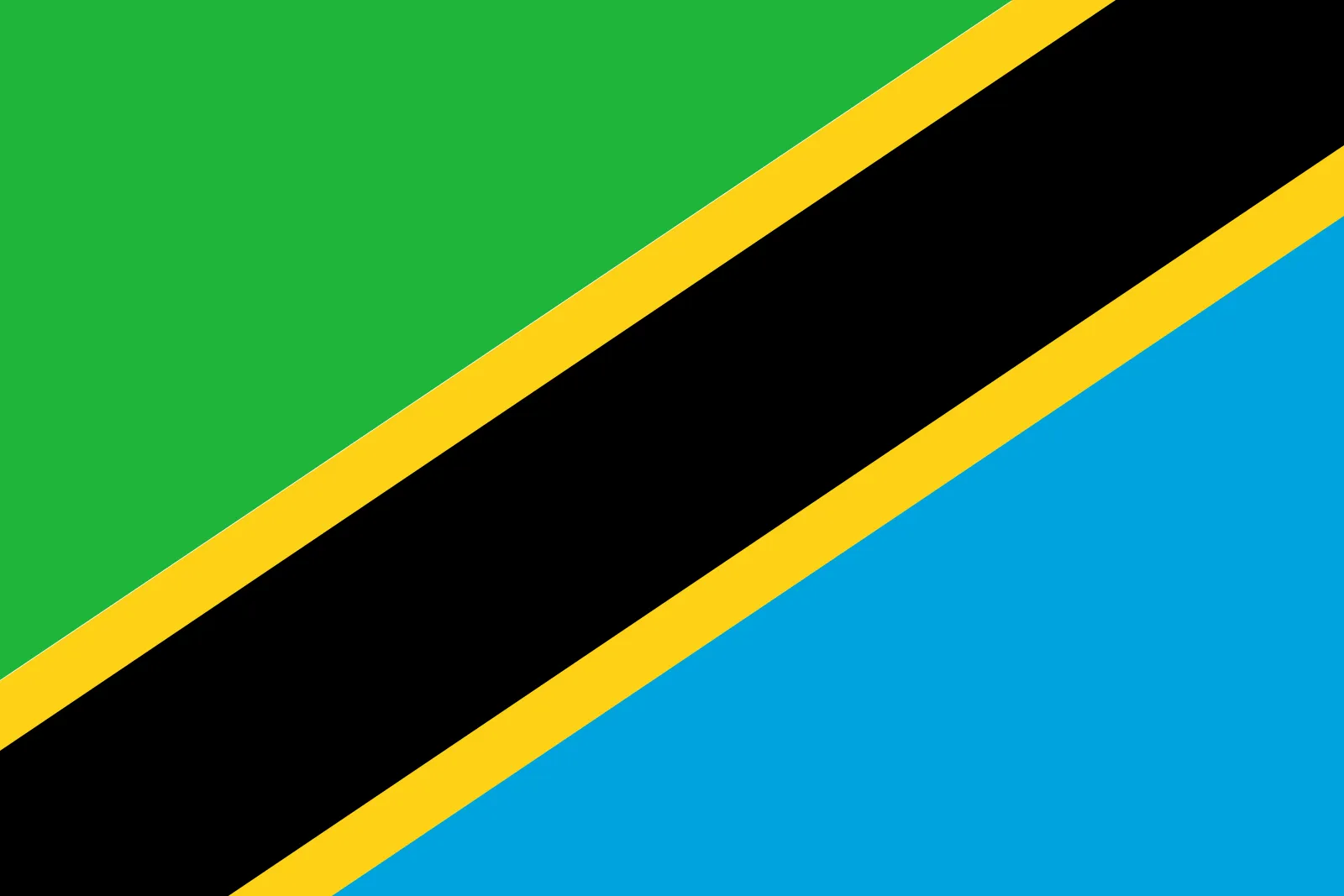As one of East Africa’s biggest economies, Tanzania is navigating an important moment: the path to upper-middle-income status, infrastructure expansion, tourism growth — but also mounting governance and opposition-space concerns.
Governance & Politics
President Samia Suluhu Hassan (Chama Cha Mapinduzi, CCM) has served since March 2021 after the death of her predecessor. She is the first female president and is expected to contest the 29 October 2025 election. The flagship opposition party, CHADEMA, faces severe constraints — in April 2025 its leader, Tundu Lissu, was charged with treason and the party faces exclusion from the 2025 elections.
The upcoming election is widely framed as contest between continuity under CCM and opposition reform hopes
Economy & Outlook
Tanzania has recorded strong economic momentum. According to a 2025 Economic Report by Switzerland’s SECO, the economy grew 5.6% in FY 2024/25, with a projection of 5.9% for 2025/26. Key sectors: agriculture, mining/quarrying, construction, manufacturing. Inflation averaged about 3.1% in 2024/25. The International Monetary Fund noted the current-account deficit narrowed to 2.5% of GDP in FY24/25, supported by strong mineral and tourism exports.
The government’s “Vision 2050” lays the foundation for structural transformation (industrialisation, human capital, infrastructure).
Tourism, Infrastructure & Services
Tourism is a major pillar: in 2024 tourism’s contribution to GDP rose to approximately 17.2%, with Zanzibar’s economy especially reliant (≈29% of GDP).  Large scale infrastructure projects (Standard Gauge Railway, Julius Nyerere Hydropower/Reservoir) are under way, along with specific strategies to boost services and manufacturing.
However, controversy: the World Bank suspended a major tourism-development project in 2025 due to alleged human-rights abuses (evictions, killings of pastoralists near park areas) in southern Tanzania.
Business Climate & Ease of Doing Business
Tanzania continues to improve the business environment. Forecasts expect growth north of 6% in 2025. Institutional reforms are ongoing, yet analysts note lingering issues: political constraints, opposition space concerns, rule-of-law questions and land/eviction risks in tourism/land sectors. For example, human-rights organisations have raised concerns about the pressure on Maasai communities in northern Tanzania to relocate.
Human Rights, Security & Governance
On security, Tanzania is relatively stable among regional peers — no large-scale insurgencies in the mainland, though Zanzibar retains semi-autonomous dynamics.
On human rights, there are rising concerns around political freedoms, especially in the run-up to the 2025 election. Many opposition figures report harassment. The detention of the opposition party leader and potential exclusion of the party signal stress on democratic space.
Moreover, land rights and indigenous pastoralist rights have been highlighted in recent years (e.g., Maasai relocation).
Travel advisories from certain countries have flagged Tanzania for specific concerns (e.g., biometric passport deficiencies).
The Big Picture
Tanzania stands out as one of East Africa’s strongest growth stories and safer bets for investment and tourism, provided you take into account political and human-rights dynamics. For travellers, the country offers prime East African safari, beach and cultural opportunities. For investors, the infrastructure pipeline and tourist boom are promising — but one must keep a close watch on political developments and rule-of-law momentum.
United Republic of Tanzania the steady giant

